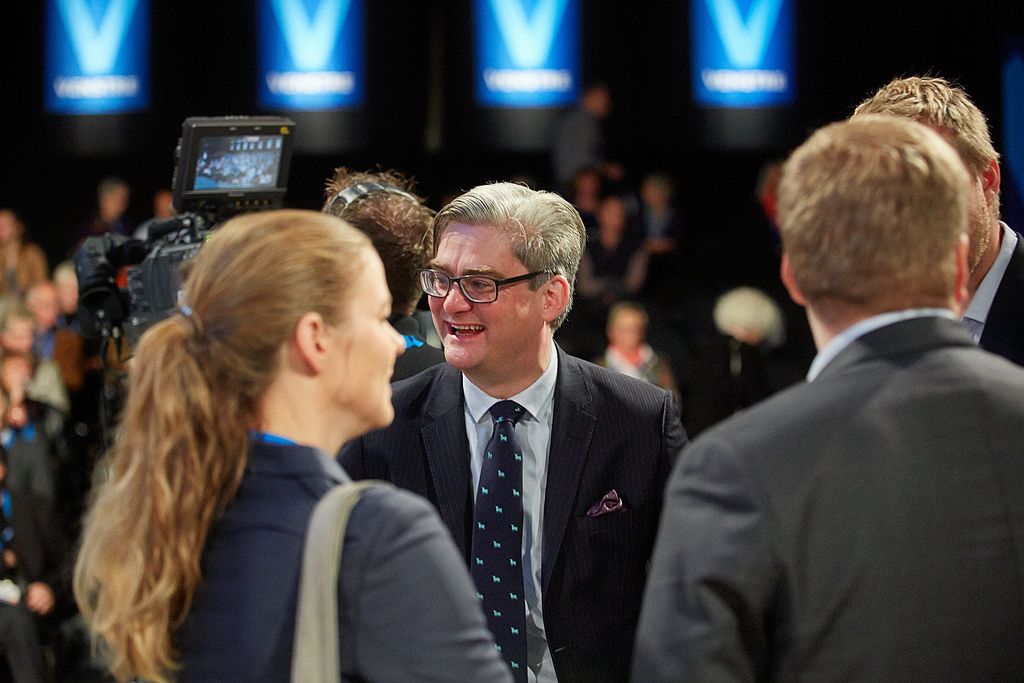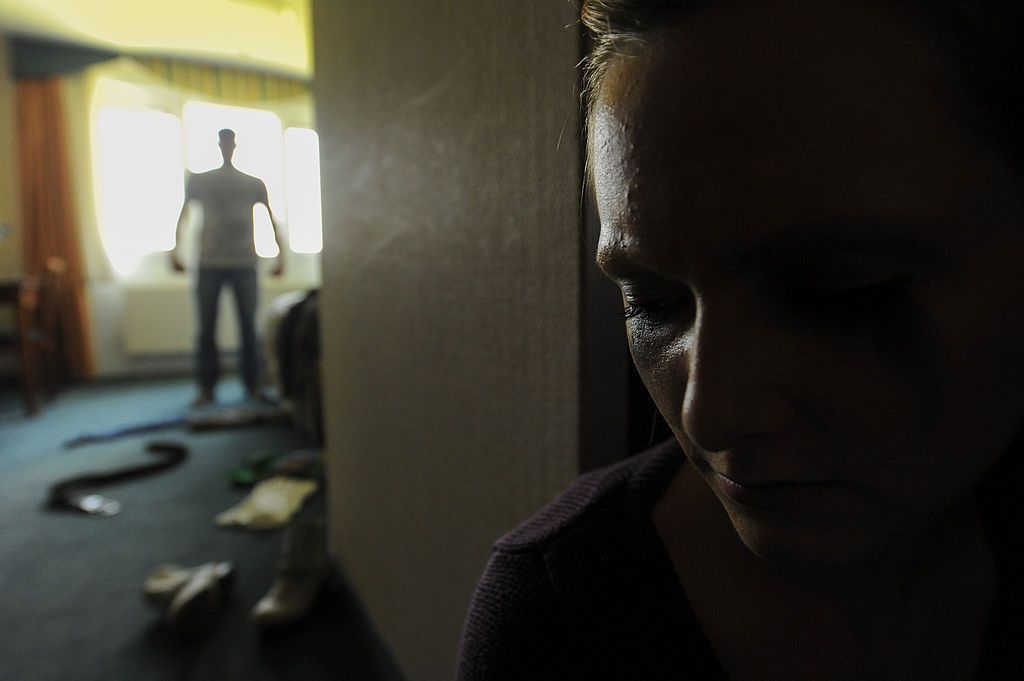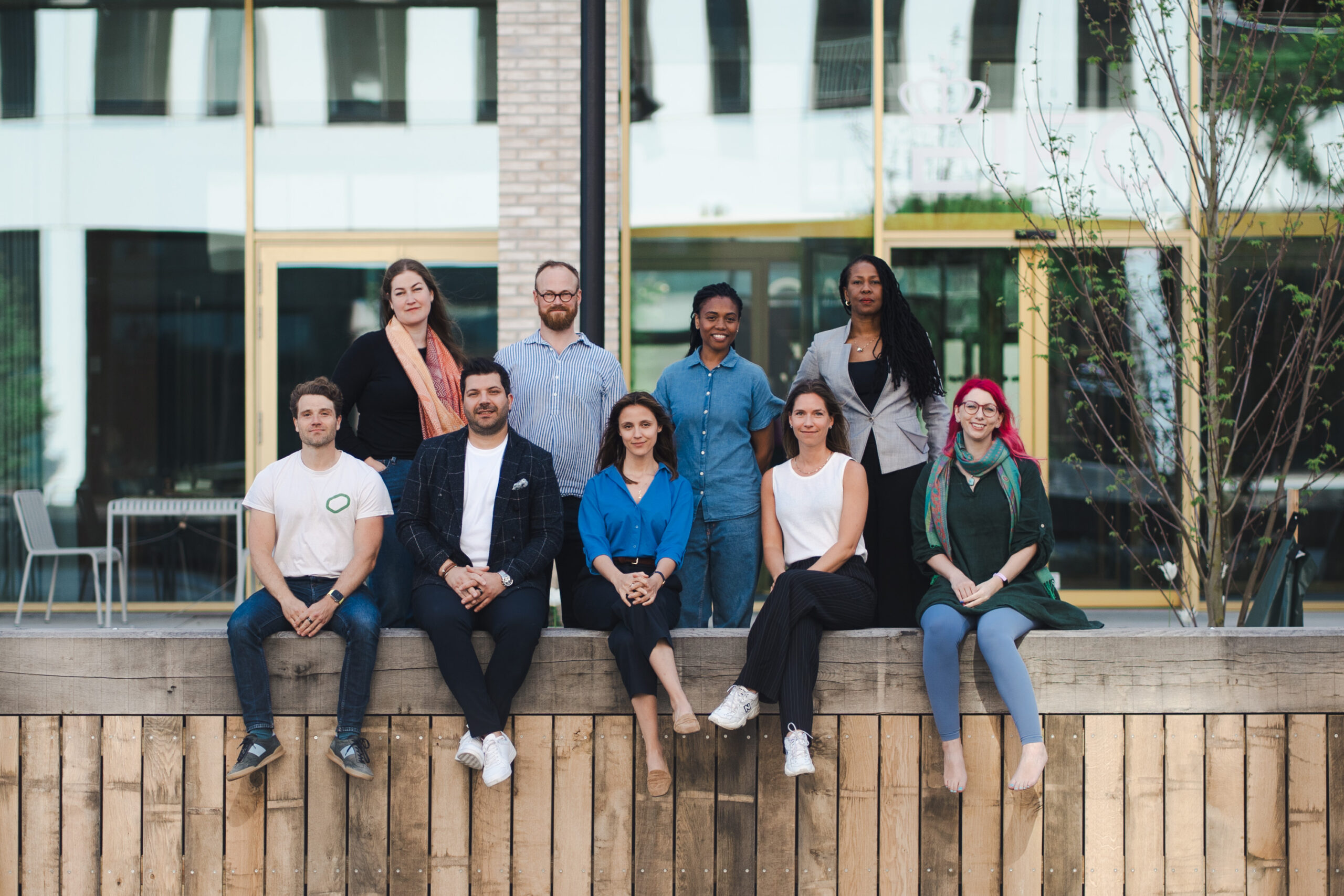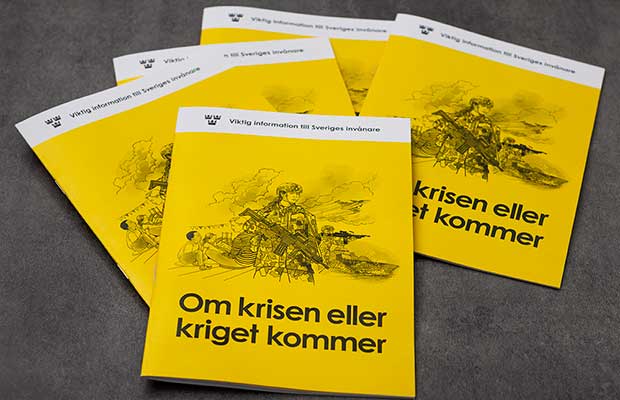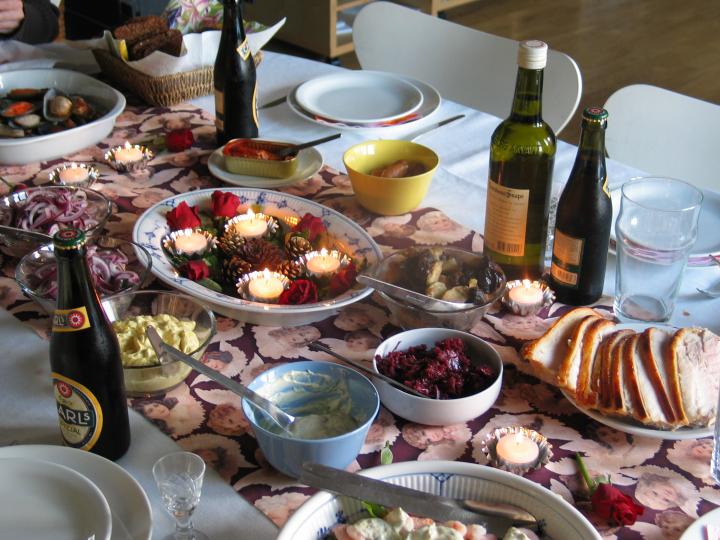Following yesterday’s ‘No’ vote in the referendum on ending Denmark’s EU justice opt-out, Søren Pind, the justice minister, has received a bleak prognosis from the EU Commission about the country’s chances of staying in the law enforcement agency Europol, Metroxpress reports.
READ MORE: Danes vote ‘NO’ in EU justice opt-out referendum
As things stand, Denmark will have to leave the organisation in the spring of 2017 unless a separate parallel agreement can be reached for continuing the co-operation.
Pind left a meeting with the EU ministers of justice and interior affairs with the message from his counterparts that finding such a solution would be “extremely difficult”.
“There was a statement from the commission – which unfortunately didn’t come as a surprise – that they considered it to be extremely difficult. But, as they said: ‘Now we’ll see’,” Pind said.
“The commission’s statement wasn’t exactly encouraging, I must say, but we’ll move on and see.”
Any potential parallel agreement will need to come from the EU Commission itself.

